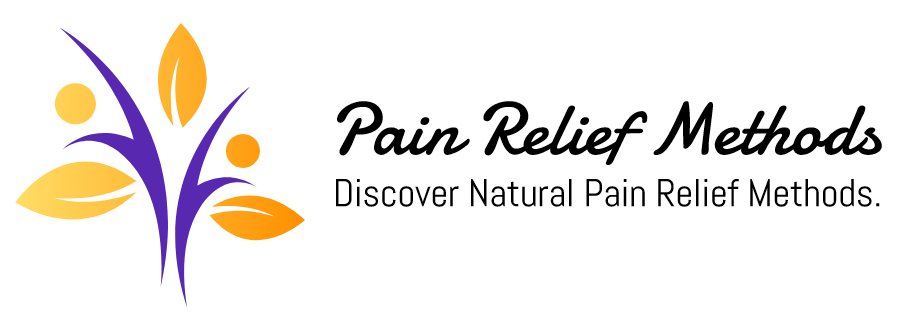Table of Contents
What Can Mimic Back Pain
Introduction
Back pain is a frequent visitor, plaguing millions at some point. But what if your backache isn’t actually a back problem? Certain conditions can mimic back pain, leading to confusion and potentially delaying proper treatment. This article unveils these imposters, empowering you to recognize the signs and seek appropriate medical attention.
Conditions That Mimic Back Pain
-
Kidney Stones:
Sharp, stabbing pain on the sides of your lower back or abdomen, radiating to the groin or genitals, can be a telltale sign of kidney stones. This pain may also be accompanied by nausea, vomiting, and blood in the urine.
-
Aortic Aneurysm:
This involves a weakening or bulging of the aorta, the main artery carrying blood from the heart. While uncommon, a ruptured aortic aneurysm can cause severe back pain, often radiating to the chest, abdomen, or groin. Additional symptoms like sweating, shortness of breath, and weakness can occur.
-
Shingles:
This viral infection, causing a painful rash with blisters, can sometimes affect the nerves along the spine, leading to a burning or stinging pain that may mimic back pain. Shingles typically occurs on one side of the body and may be accompanied by fever, fatigue, and tingling.
-
Pelvic Inflammatory Disease (PID):
This infection of the female reproductive organs can cause lower back pain along with pelvic pain, abnormal vaginal discharge, and pain during intercourse.

-
Endometriosis:
This condition involves the growth of endometrial tissue outside the uterus. It can cause pelvic pain that may radiate to the lower back, especially during menstruation.
-
Spinal Cord Compression:
This serious condition, caused by a tumor, herniated disc, or other factors, can compress the spinal cord and lead to back pain, weakness, numbness, and difficulty walking.
-
Muscle Strain In Other Areas:
Sometimes, pain originating from a strained muscle in the buttocks, hips, or thighs can radiate to the lower back, mimicking back pain.
Additional Tips
-
Pay Attention To Accompanying Symptoms:
The presence of additional symptoms beyond back pain can offer valuable clues about the underlying cause.
-
Consider The Location Of The Pain:
Pain in specific areas, like the sides of the lower back or the lower abdomen, can point towards conditions other than a spinal issue.
-
Track Your Pain:
Keeping a pain diary that records the location, severity, and any accompanying symptoms can help your doctor make an accurate diagnosis.
FAQs
-
Can Stress Cause Back Pain?
Yes, stress can contribute to muscle tension and back pain. Relaxation techniques like deep breathing and yoga can be helpful.
-
Should I See A Doctor If My Back Pain Is Mild?
If the pain is mild and improves with rest and home remedies, you may not need immediate medical attention. However, consult your doctor if the pain worsens, persists for more than a few weeks, or is accompanied by concerning symptoms.
-
What Imaging Tests Can Diagnose The Source Of Back Pain?
X-rays, CT scans, and MRIs can help visualize bones, muscles, nerves, and organs, aiding in the diagnosis of conditions mimicking back pain.
-
What Are Treatment Options For Back Pain?
Treatment depends on the underlying cause. For muscle strain, it may involve rest, pain medication, and physical therapy. Other conditions may require medication, surgery, or other interventions.
-
How Can I Prevent Back Pain And Its Imposters?
Maintaining good posture, exercising regularly, and managing stress can help reduce your risk of both back pain and some of the conditions that mimic it.

Conclusion
Back pain is a common issue, but it’s crucial to be aware of conditions that can masquerade as it. By recognizing the signs and symptoms associated with these imposters, you can ensure proper diagnosis and receive the most effective treatment. Remember, if your back pain is accompanied by concerning symptoms, worsens, or persists for an extended period, don’t hesitate to consult your doctor. Early diagnosis and treatment can lead to a faster recovery and improved well-being.
Disclaimer: This article provides general information only and does not substitute for professional medical advice. Always consult your doctor for diagnosis and treatment.
References
- Mayo Clinic. (2022, March 04). Kidney Stones. [https://www.mayoclinic.org/diseases-conditions/kidney-stones/symptoms-causes/syc-20355755]
Discover more from Pain Relief Methods
Subscribe to get the latest posts sent to your email.


